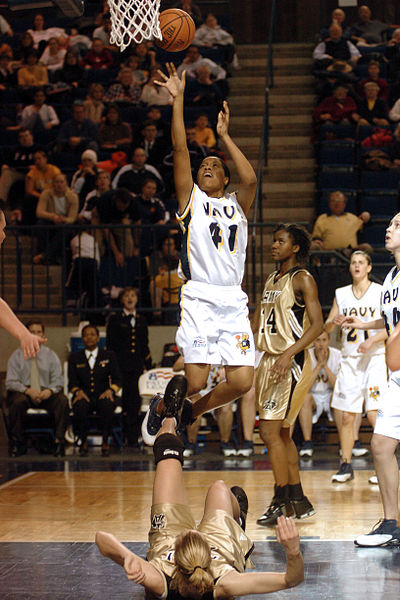Performance improves when you're behind: study

The classic slogan from Avis, "We're number 2, so we try harder" may have a ring of truth to it. In sports and politics, there has always been the risk of the leader becoming too overconfident, and thus losing the edge. In the meantime, the runner-up, scrappy contender has the motivation and verve to ultimately come out ahead.

A recent study confirms this conventional wisdom: that those who are behind do exhibit greater performance. Jonah Berger of the University of Pennsylvania Wharton School and Devin Pope of the University of Chicago looked at 18,000 NBA and 45,000 college basketball games:
"Being slightly behind at halftime leads to a discontinuous increase in winning percentage. Teams behind by a point at halftime, for example, actually win more often than teams ahead by one, or approximately six percentage points more often than expected."
In the second part of their study, they also conducted an experiment in which people played competitive games, and at halftime were provided feedback on whether they were slightly behind, far behind, slightly ahead or tied. Participants who were told they were slightly behind significantly increased their effort, the researchers found. "The results were clear," Berger and Pope wrote. "Effort increased dramatically only for people who believed they were slightly behind in the competition."
Azure Gilman provides a concise summary at his Freakonomics blogsite. He calls out the researchers' observation that "being significantly behind doesn’t help performance much – it’s the hope that springs from a slight disadvantage that spurs people and teams to greatness. Feedback helps improvement, as does acknowledging the situation."
Looks like a lot of businesses could learn from Avis.
This post was originally published on Smartplanet.com